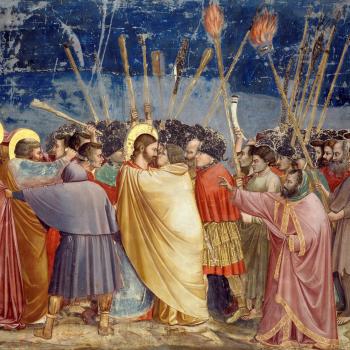Whenever pro-aborts get all mystical and foggy and start gassing on about “Who even knows *when* life begins anyway? It’s all so mystical and foggy!” prolife people bring them up short by saying, “If you aren’t sure that’s a deer rustling in the bush, then don’t shoot. Cuz if a hunter falls out, you will be guilty of murder.” Francis makes the same “better safe than sorry” argument about plunging into projects without counting the environmental costs:
The Rio Declaration of 1992 states that “where there are threats of serious or irreversible damage, lack of full scientific certainty shall not be used as a pretext for postponing cost-effective measures”[132] which prevent environmental degradation. This precautionary principle makes it possible to protect those who are most vulnerable and whose ability to defend their interests and to assemble incontrovertible evidence is limited. If objective information suggests that serious and irreversible damage may result, a project should be halted or modified, even in the absence of indisputable proof. Here the burden of proof is effectively reversed, since in such cases objective and conclusive demonstrations will have to be brought forward to demonstrate that the proposed activity will not cause serious harm to the environment or to those who inhabit it.
187. This does not mean being opposed to any technological innovations which can bring about an improvement in the quality of life. But it does mean that profit cannot be the sole criterion to be taken into account, and that, when significant new information comes to light, a reassessment should be made, with the involvement of all interested parties. The outcome may be a decision not to proceed with a given project, to modify it or to consider alternative proposals.
Common sense. Chesterton would love this guy:
In the matter of reforming things, as distinct from deforming them, there is one plain and simple principle; a principle which will probably be called a paradox. There exists in such a case a certain institution or law; let us say, for the sake of simplicity, a fence or gate erected across a road. The more modern type of reformer goes gaily up to it and says, “I don’t see the use of this; let us clear it away.” To which the more intelligent type of reformer will do well to answer: “If you don’t see the use of it, I certainly won’t let you clear it away. Go away and think. Then, when you can come back and tell me that you do see the use of it, I may allow you to destroy it.
GK Chesterton, The Thing: Why I Am a Catholic











